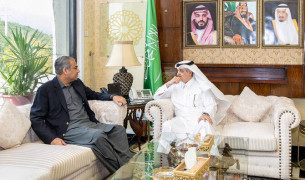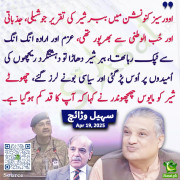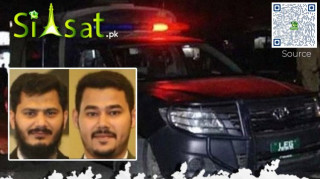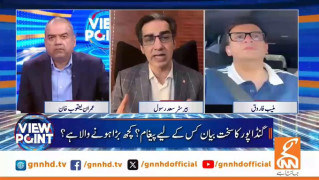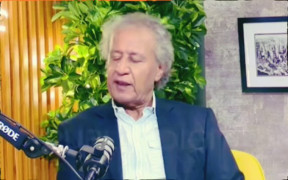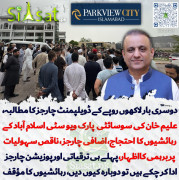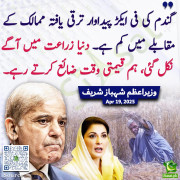wasiqjaved
Chief Minister (5k+ posts)
Real Reason for Pakistan's Army Chief Asim Munir pardoning : US, UK, EU criticizing Military Court Trials.

External Pressure
It’s quite clear that diplomatic pressure from countries like the U.S., the U.K. & those in the EU have influenced Pakistani establishment to reconsider certain convictions & policies. Historically, Pakistan has adjusted certain high-profile legal or security policies in response to foreign diplomatic and economic pressure. That alone confirm the convictions themselves were unjust.
Pardons Linked to International Criticism : Pakistan Army Chief Asim Munir’s decision to pardon individuals linked to the “9 May” cases came in direct response to criticism from the U.S., U.K., and EU regarding the use of military courts against civilians.
False Flag Operation Allegation : Events of “9 May” were orchestrated as a false flag operation by the Pakistani Military Establishment to undermine former Prime Minister Imran Khan’s popular support.
Lack of Due Process : Innocent civilians were imprisoned for approximately 1.5 years without due process. No detailed verdicts or legal reasoning were ever published; therefore, no avenue for appeal existed in civilian courts.
No Evidence Presented : Despite claims of “irrefutable” proofs by ISPR, no CCTV footage or other material evidence was presented in these military courts. The so-called “convictions” were primarily based on forced self-testimony under custody, with no public, transparent legal proceedings.
Closed-Door Military Trials : Proceedings were conducted secretly, without press access or public oversight. By civilian legal standards, such trials would be deemed null and void due to the absence of transparent evidentiary procedures and defence representation.
Pardon as Public-Relations Tactic : Granting pardons is seen as an attempt by Army Chief to portray the military establishment in a benevolent light, rather than an admission that the convictions were illegitimate.
------------------------------------------------------------
Damage it has done:
- Erosion of Rule of Law
- When your country’s military courts can detain and convict civilians without transparent evidence, it undermines fundamental legal principles. Any justice system must allow defendants to challenge evidence, cross-examine witnesses, and appeal verdicts in a publicly accountable setting. The closed nature of these military proceedings violates these basic standards.
- International Diplomatic Pressure
- The fact that foreign governments’ criticism prompted pardons suggests Pakistani Army is responsive to diplomatic and economic levers. This indicates that external scrutiny and pressure can influence Army’s internal decisions—but it also underscores lack of genuine institutional reform from within.
- Public Perception and Legitimacy
- Declaring individuals “guilty” of acts like those alleged on 9 May without presenting verifiable evidence seriously damages Pakistan Army’s credibility. A pardon that occurs without clarifying the reasons behind the conviction, or acknowledging mistakes, is perceived as disingenuous—more of a face-saving or PR manoeuvre than an actual commitment to justice.
- Impact on Civilian Governance
- Pakistan Military’s intervention in civilian legal matters indicates a power imbalance between civilian institutions (parliament, judiciary) and armed forces. When civilians are tried in military courts for essentially political offenses, it signals a weakening of civilian-led governance and democratic principles.
- Precedent for Future Cases
- If no detailed verdicts or legal precedents are made available, same tactics could be employed against other political dissenters in the future. Transparency is crucial to preventing the repetition of such alleged abuses.
- Long-Term Consequences
- Even though these 19 citizens were pardoned, absence of a formal exoneration, official apology, or acknowledgment of wrongdoing means their reputations and livelihoods may still suffer. They—and others in Pakistan— distrust both the military and the judicial system, fostering greater political and social unrest in the long run.
Last edited:


